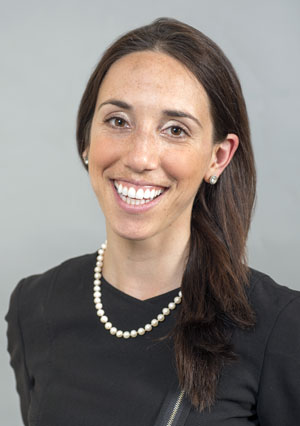The Ontario legal community is incredibly inter-connected.

This is a great thing. When I walked into an Ontario Bar Association event in Toronto this past week, I met leaders in many practice areas sharing insight about their work. It was inspiring.
But there’s a downside to being in a close community or village.
Law Times reports in this issue that a judge has stopped the Kenora Crown attorney’s office from prosecuting a case of a man accused of charges including assault with a weapon, aggravated assault and sexual assault, after his defence lawyer took a job as a Crown days before his trial was set to begin.
“In the instant case, choice of counsel is not a consideration. The balancing of the integrity of the justice system and the mobility of lawyers is done in a context where the liberty of the accused is at stake,” said Ontario Superior Court Justice Douglas Shaw in his decision barring the Kenora Crowns from prosecuting
R. v. Mandamin. Shaw ordered a Crown from another area be brought in to prosecute the man.
In our last issue,
Law Times reported that in
Ontario v. Chartis Insurance Company of Canada, the Ontario Court of Appeal upheld a decision barring a Toronto firm from representing an insurance company in a coverage dispute because of a potential conflict of interest, even though the firm had followed all ethical guidelines, including making sure a lawyer had a work space several offices away from his colleagues.
In both cases, there was no suggestion of wrongdoing by lawyers involved. Rather, concerns centred on whether the public might perceive that confidential information could be inadvertently disclosed. While it may be frustrating for firms, judges are right to take a cautious approach. There is too much at stake when it comes to reputational harm.

 This is a great thing. When I walked into an Ontario Bar Association event in Toronto this past week, I met leaders in many practice areas sharing insight about their work. It was inspiring.
This is a great thing. When I walked into an Ontario Bar Association event in Toronto this past week, I met leaders in many practice areas sharing insight about their work. It was inspiring.